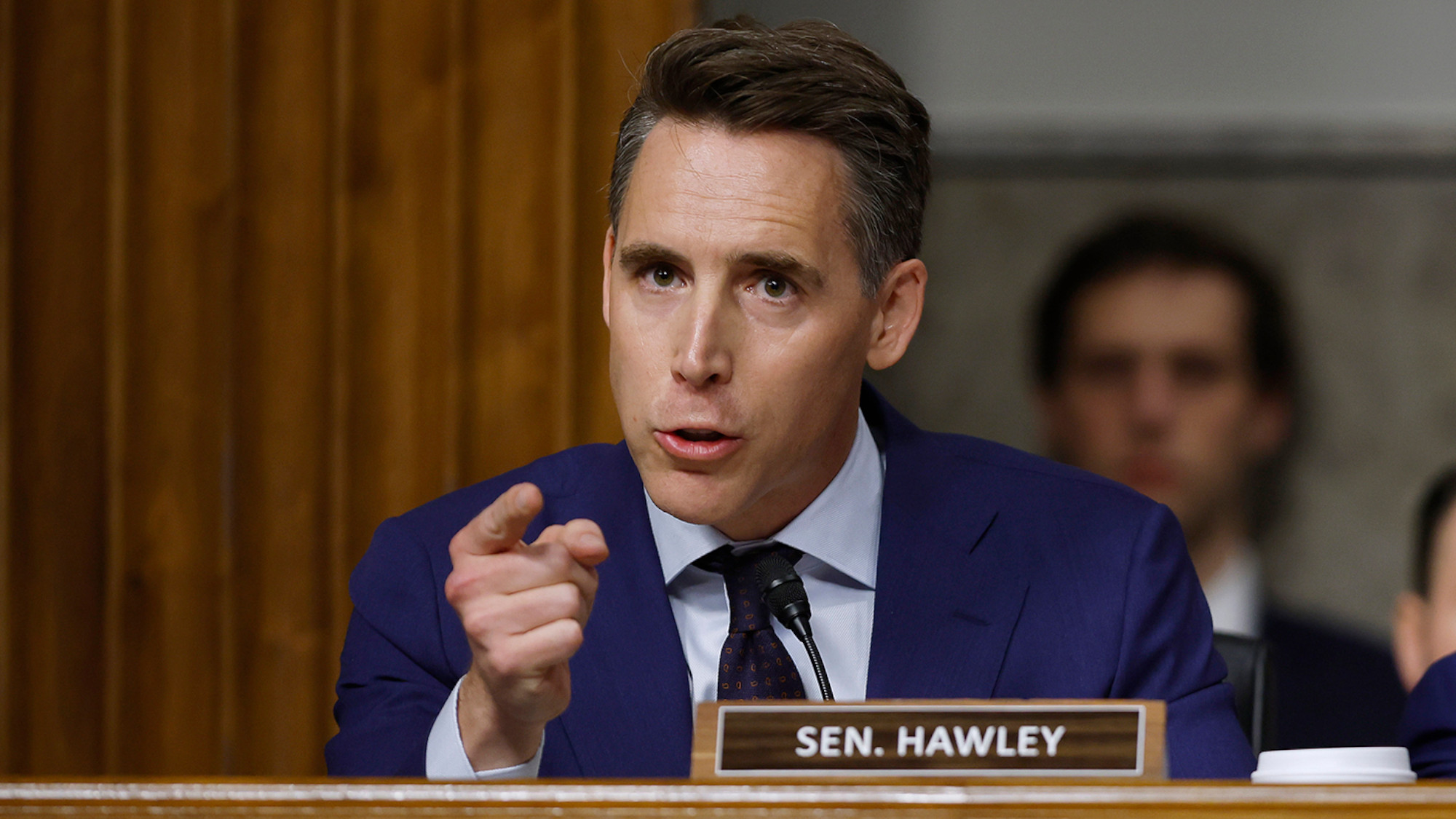Medicaid: Will millions lose coverage?
House Republicans have proposed a plan to cut Medicaid coverage for millions to help fund tax cuts

A free daily email with the biggest news stories of the day – and the best features from TheWeek.com
You are now subscribed
Your newsletter sign-up was successful
Stripping health care from the poor to help the rich sounds "pretty heartless," said Catherine Rampell in The Washington Post. But that's exactly what House Republicans' proposal to overhaul Medicaid will do. Released this week as part of a sweeping bill to implement President Trump's domestic agenda, the plan would require most low-income, childless recipients under age 65 to work at least 80 hours a month. Out-of-pocket costs would be introduced for some services, and a cap would be placed on a health-care-provider tax that states use to secure extra federal Medicaid funding. All told, the plan would cause an additional 8.6 million Americans to become uninsured, according to the non-partisan Congressional Budget Office, while states would have to shoulder a far greater share of costs. But the $900 billion saved over a decade would partially finance the GOP bill's $5 trillion in tax cuts—cuts that are skewed toward businesses and the wealthy. Should this legislation pass as is, "it would add up to possibly the largest single transfer of wealth from poor to rich in U.S. history."
The real problem is that squeamish GOP moderates are shying away from bigger cuts, said the Washington Examiner in an editorial. Largely because of its expansion under Obamacare, Medicaid is now the fastest-growing federal program, with more than 20 million able-bodied adults joining its rolls from 2013 to 2022. House spending hawks want to refocus Medicaid on helping the vulnerable communities it was created to help—children, pregnant women, and the elderly—but "centrists" want to keep "Medicaid expansion dollars flowing to their blue states." Resistance to steeper cuts isn't just coming from blue-state moderates, said Kenneal Patterson in The Daily Beast. MAGA populist Sen. Josh Hawley of Missouri—where 1 in 5 residents are Medicaid recipients—warned in a "scathing" New York Times op-ed this week that slashing the program would be "morally wrong and politically suicidal," risking a working-class electoral rebellion.
Republicans know their agenda is deeply unpopular, said Carl Hulse in The New York Times. That's why House lawmakers and President Trump keep insisting they simply want to target "waste, fraud, and abuse" in Medicaid, "all without cutting off assistance to a single eligible person." The flaw in that argument is that Medicaid cuts of the scope they're proposing could torpedo state budgets and cause millions of hardworking Americans to lose coverage—facts that Democrats will not let "go unnoticed." As the bill works its way through Congress in the coming weeks, selling the message of pain-free cuts is going to get more than "a little tricky."
The Week
Escape your echo chamber. Get the facts behind the news, plus analysis from multiple perspectives.

Sign up for The Week's Free Newsletters
From our morning news briefing to a weekly Good News Newsletter, get the best of The Week delivered directly to your inbox.
From our morning news briefing to a weekly Good News Newsletter, get the best of The Week delivered directly to your inbox.
A free daily email with the biggest news stories of the day – and the best features from TheWeek.com
-
 How to Get to Heaven from Belfast: a ‘highly entertaining ride’
How to Get to Heaven from Belfast: a ‘highly entertaining ride’The Week Recommends Mystery-comedy from the creator of Derry Girls should be ‘your new binge-watch’
-
 The 8 best TV shows of the 1960s
The 8 best TV shows of the 1960sThe standout shows of this decade take viewers from outer space to the Wild West
-
 Microdramas are booming
Microdramas are boomingUnder the radar Scroll to watch a whole movie
-
 House votes to end Trump’s Canada tariffs
House votes to end Trump’s Canada tariffsSpeed Read Six Republicans joined with Democrats to repeal the president’s tariffs
-
 How are Democrats trying to reform ICE?
How are Democrats trying to reform ICE?Today’s Big Question Democratic leadership has put forth several demands for the agency
-
 Democrats push for ICE accountability
Democrats push for ICE accountabilityFeature U.S. citizens shot and violently detained by immigration agents testify at Capitol Hill hearing
-
 Fulton County: A dress rehearsal for election theft?
Fulton County: A dress rehearsal for election theft?Feature Director of National Intelligence Tulsi Gabbard is Trump's de facto ‘voter fraud’ czar
-
 ‘Melania’: A film about nothing
‘Melania’: A film about nothingFeature Not telling all
-
 Greenland: The lasting damage of Trump’s tantrum
Greenland: The lasting damage of Trump’s tantrumFeature His desire for Greenland has seemingly faded away
-
 Minneapolis: The power of a boy’s photo
Minneapolis: The power of a boy’s photoFeature An image of Liam Conejo Ramos being detained lit up social media
-
 The price of forgiveness
The price of forgivenessFeature Trump’s unprecedented use of pardons has turned clemency into a big business.